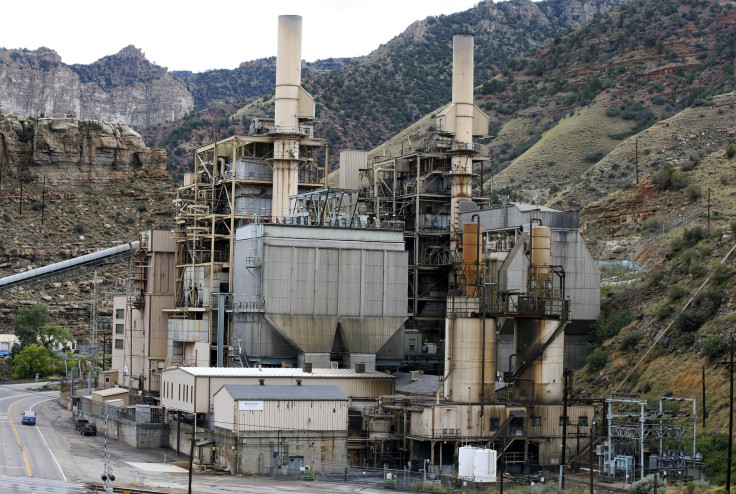Coal Industry Cash: Lawmakers Working To Block Clean Power Rules Get Big Money From Mining Industry

The U.S. Senate voted this week to block new Obama administration rules designed to reduce carbon emissions and combat climate change, and 23 state attorneys general are mounting a legal challenge to the rules. Both the federal and state efforts to block the clean power rules come after coal companies made major campaign contributions to the politicians leading the charge against the administration’s climate change initiatives.
On Wednesday, senators voted in favor of two resolutions to stop the Environmental Protection Agency from implementing carbon and greenhouse gas emissions rules. A handful of Democrats joined with Republicans in support of the bills, which both passed 52-46. The Senate vote came in the same week a new government report showed 2015 is on track to be the hottest year on record.
According to MapLight, a campaign finance watchdog group, senators who voted for the anti-EPA resolutions received, on average, more than $75,000 each from the coal mining industry -- or 17 times as much in contributions from those companies as those who voted against the bills.
The 21 Republican and two Democratic attorneys general are filing a lawsuit aiming to block EPA performance standards that they say will prevent companies from building new coal-fired power plants and lead to the eventual phase-out of coal energy entirely. Coal companies, mining services, electric utilities and their employees have donated more than $1.1 million to those 23 state attorneys general, according to data compiled by the National Institute on Money in State Politics. The industry has contributed more than $4.7 million to the state parties supporting those officials since 2012.
According to the Center for Responsive Politics, top donors to the Republican Attorneys General Association include Koch Industries, which is involved in coal services, and the U.S. Chamber of Commerce, which is has accepted major donations from coal-reliant energy utilities.
© Copyright IBTimes 2024. All rights reserved.






















